Information is power.
We all know that the information is a power. We share our personal information every time we open new web page, we do so without any suspicions. We share our card numbers, addresses, personal identity with a numerous of companies every day. Our government and institutions also gathers data about its citizens such as reports, opinions etc. We are proposed to go through surveys and questions at schools, hospitals and working places. On the other hand, we, citizens get information about current situation in our cities. We hear of climate changes, poor air conditions, increasing crime occurrences, rising number of visitors and a lot of things like that. However, we usually don’t pay attention, because we do not compare numbers and think that it is not in our power to change anything. So, we just continue to do what we do and don’t even think how we contribute to all these conditions. This happens because we get only rough facts and don’t see the real numbers, that can shock.
My point is that the real statistics more likely to change our opinion and even behavior than just random news. So, seems like we, as citizens, government and private sector miss conversation and are isolated from each other. Companies spend millions of dollars on surveys that are already done by government, and government creates a new infrastructure to gather info that some company already has.
This lack of communication strip us off finding efficient and fast solutions. But, what if city would become a place where government, private sector and citizens work together, share data and benefit from it? It is not a secret that the sharing information can be used in a positive and negative way for a lot of diverse purposes, but now let’s try to focus on positive implications. Let’s look at three possible scenarios.
Scenario 1.
Abby used to jog every morning, run a marathon annually. However, now she is a mom and as most of moms feels stressed every morning because children want to sleep, don’t want to go to school, etc. She usually go to work by car and as the traffic is high she often late. But this morning she woke up and saw notification from city app. 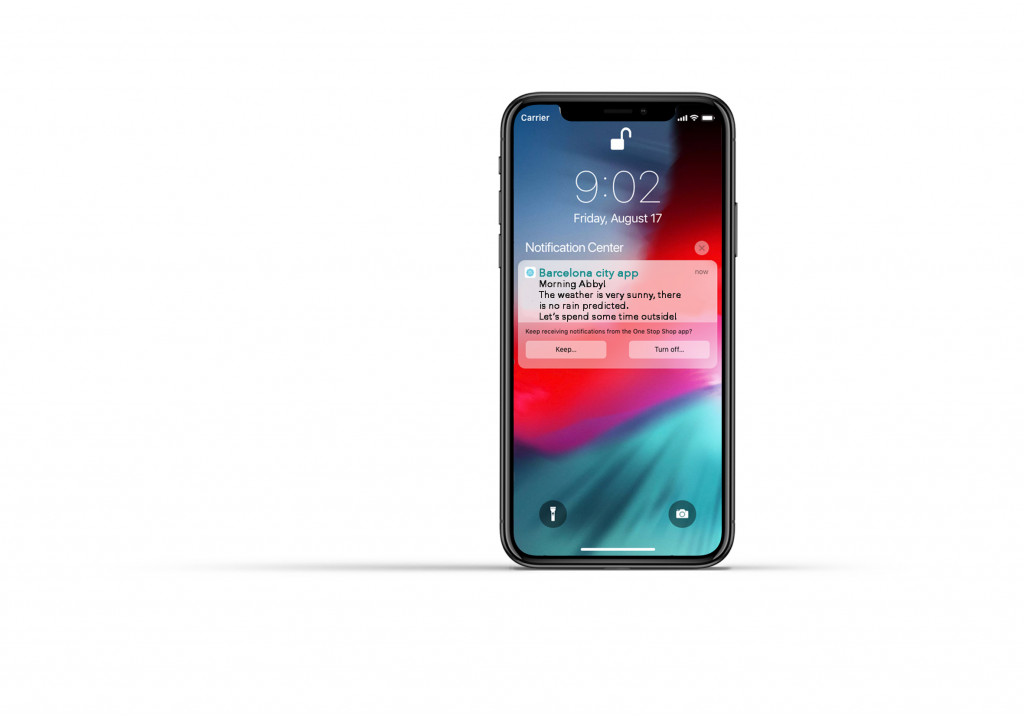
City app sent her message that the weather is good, and it would be perfect to have a walk. When she goes to parking lot to pick up her car, she sees the same notification on billboard that was on her phone.
The billboard shows her some numbers that she has never thought about before and propose different way to reach her work. But where from billboard got this information? Easy! Traffic conditions in a city became able thanks to the taxi services, as Cabify and Uber. Lyft free now and others. Environmental consulting company OPSIS provide data about air quality in a city and calculated how much CO2 each car produces according to travel time. The bicycle service shared their data about availability of vehicles, average travel time and possibilities to park bicycle in another station. By combining all these data together, billboard is able to provide better offers to citizens. “Let’s contribute to the clean air in your city and have a nice morning walking”. So Abby refused to participate in traffic jams that morning. Abby decided to take an offer, use bike and she didn’t late. Next day she repeated her trip and day after that. But Abby is not only one who saw this billboard on street. Her neighbors also accepted billboard’s offer and changed their means of transportation. Month later community realized that almost all of them don’t use their car during weekdays. Their street became free of cars, now it can be used for something else, kids started to use it as a playground, Abby started to jog on this street, and the urban space changed it purpose. So, sharing data and showing people real numbers and impacts of their decisions may help them to revise their everyday decisions and make better solutions.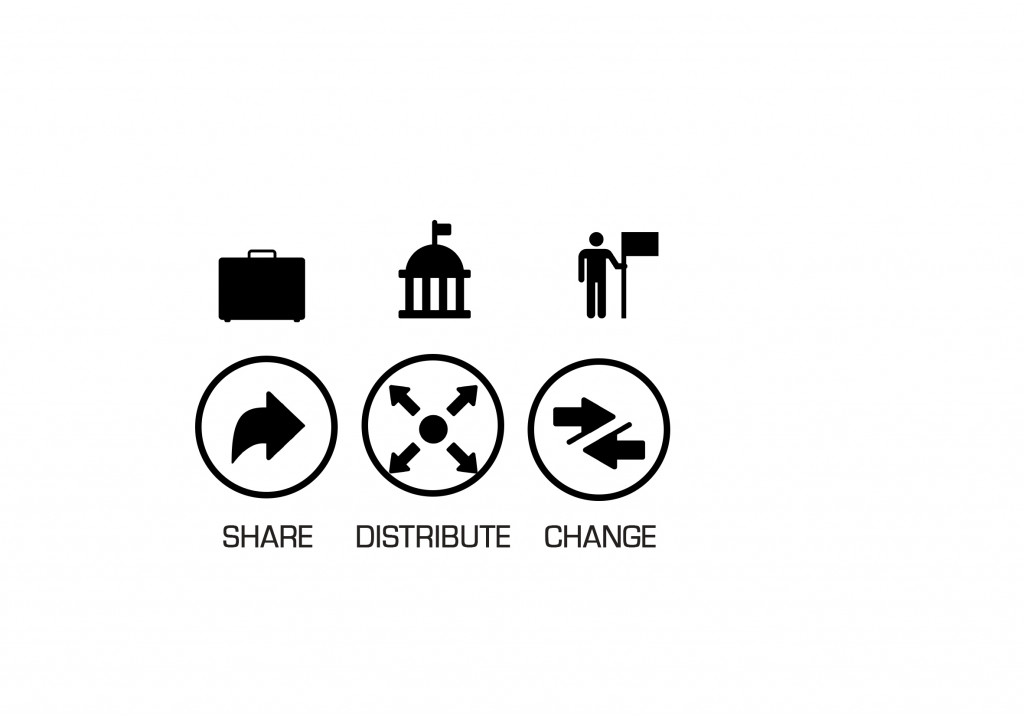
Scenario 2.
The second example introduce us to an old school teacher. He lives and works in that district all his life. He likes to walk in a park close to his neighborhood and seat in a bench. Today he realized that his favourite bench is broken. But he knows about citizen reports system , that already exist in a different interpretations in a lot of cities, so he immediately left a report in a city app. 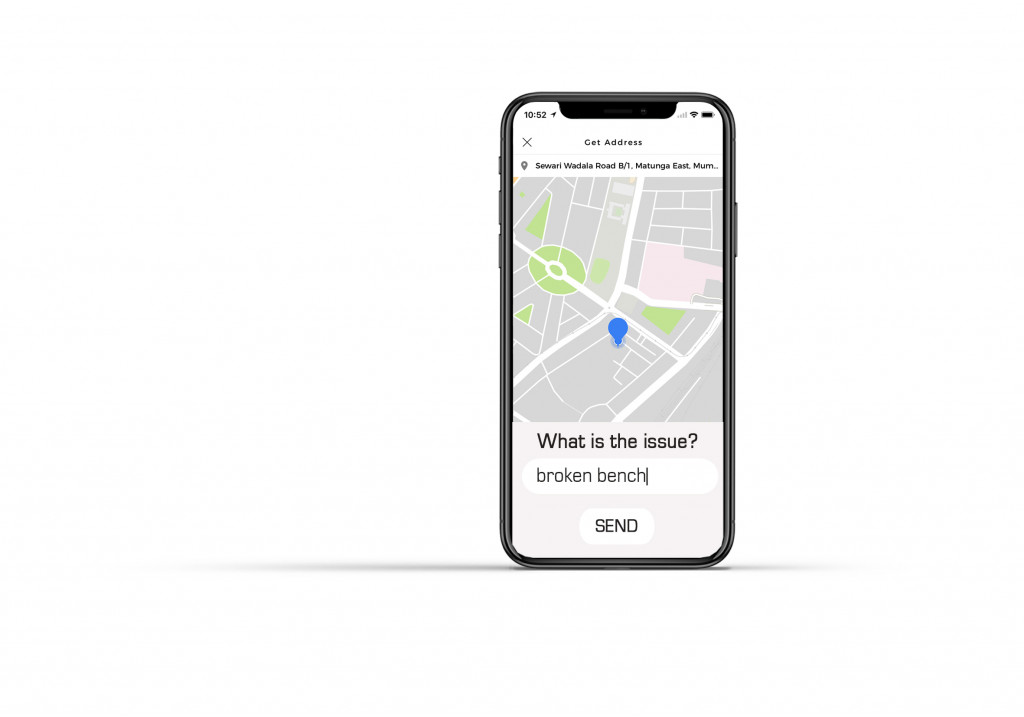 His message goes directly to facility department and they distribute tasks between workers.
His message goes directly to facility department and they distribute tasks between workers. 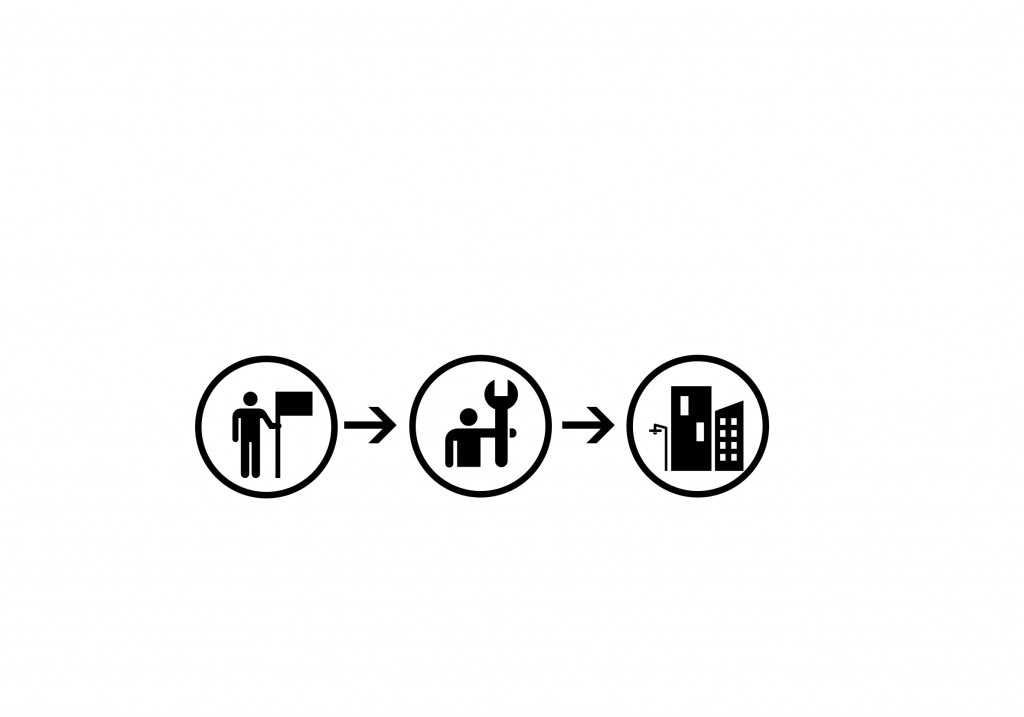 However, the city government receives a lot of reports especially from this district. And the number of stuff is limited, facility department isn’t able to reply for every reports immediately, so he has to wait.
However, the city government receives a lot of reports especially from this district. And the number of stuff is limited, facility department isn’t able to reply for every reports immediately, so he has to wait. 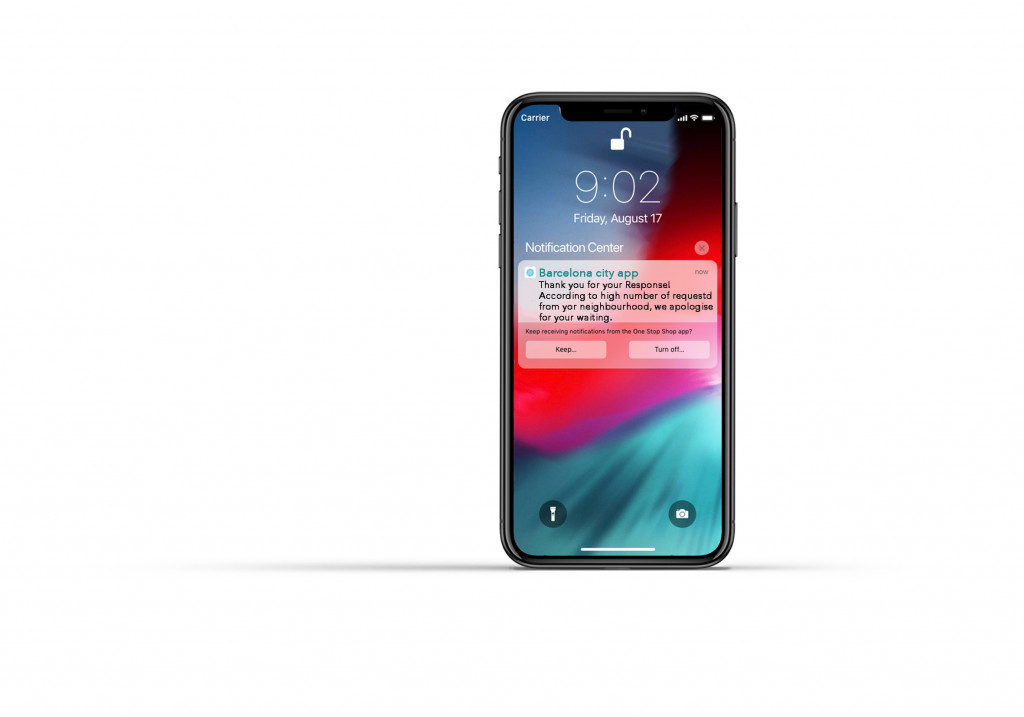 Old teacher decided to help his city. Next day he came to the school, took his class to the park and learned them how to repair benches and paint them. When department knew how an old man helped to solve their problem, they decided to propose other schools to assist. After the month all local schools spend some time on fixing street furniture and cleaning streets, planting trees. District get out of reports. So, facility department started to include kids in a process and at the same time teach them to be responsible for their home, street and city.
Old teacher decided to help his city. Next day he came to the school, took his class to the park and learned them how to repair benches and paint them. When department knew how an old man helped to solve their problem, they decided to propose other schools to assist. After the month all local schools spend some time on fixing street furniture and cleaning streets, planting trees. District get out of reports. So, facility department started to include kids in a process and at the same time teach them to be responsible for their home, street and city.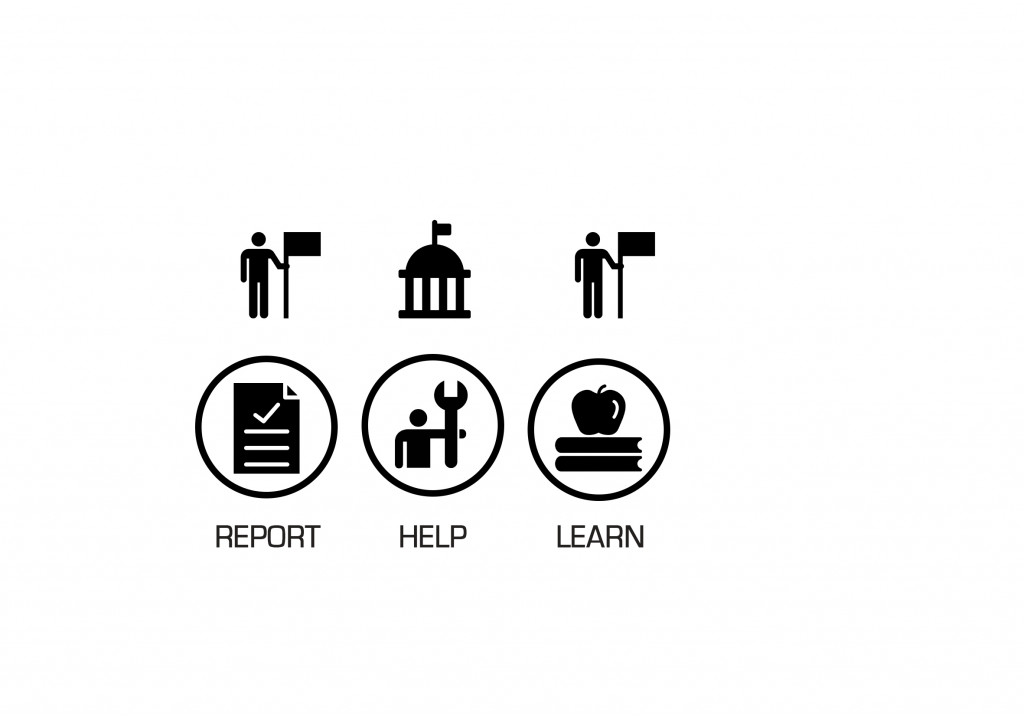 Scenario 3.
Scenario 3.
We all know, that Barcelona is subjected to pickpocketing. Let’s look at statistics.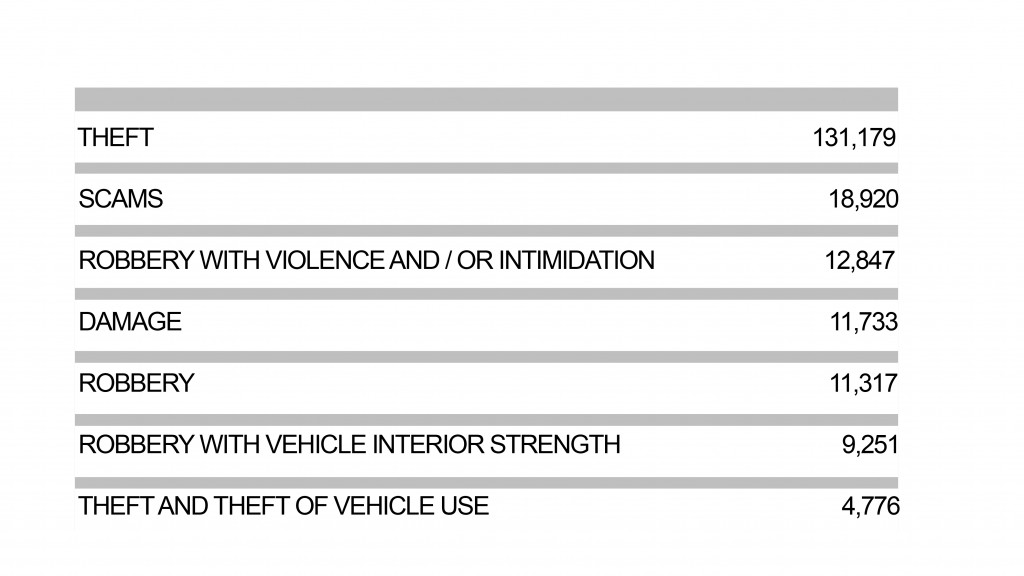 So, we should warn those who comes to this city, to be aware of theft and scams. What if everyone who comes to the city receive warning message from city government? Imagine that you step off the boat and receive info about high risk of being scammed, but also suggestion to sign up in a rescue taxi service?
So, we should warn those who comes to this city, to be aware of theft and scams. What if everyone who comes to the city receive warning message from city government? Imagine that you step off the boat and receive info about high risk of being scammed, but also suggestion to sign up in a rescue taxi service? 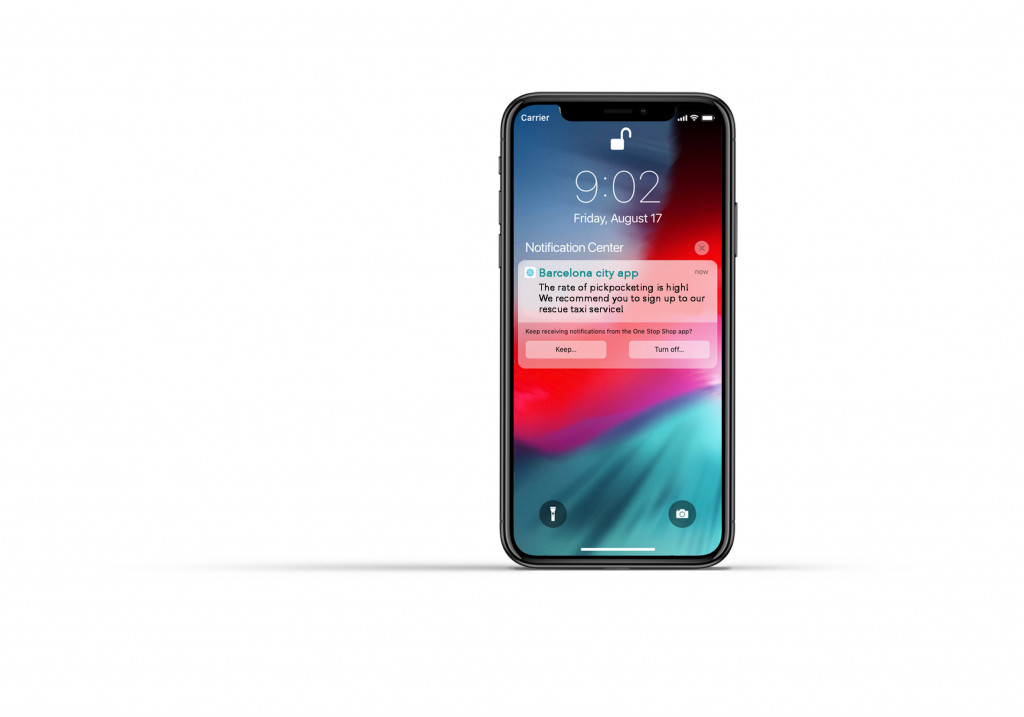 You prepay your rescue ride and if you will not face that kind of accident, your payment will help someone else. What if you contribute to rescue budget? So, Peter just arrived to Barcelona, the first thing he received after turning on his phone a message like that and proposal to participate in a service. So, he prepaid his rescue ride. He knows that if he don’t need it his money will help someone. Unfortunately, while walking on Rambla, he realized that someone stole his phone and wallet, he is not able to even call a police. He saw an alarm on street light and pushed the button. The information about his location was immediately sent directly to police office and they resend it to the rescue taxi service,
You prepay your rescue ride and if you will not face that kind of accident, your payment will help someone else. What if you contribute to rescue budget? So, Peter just arrived to Barcelona, the first thing he received after turning on his phone a message like that and proposal to participate in a service. So, he prepaid his rescue ride. He knows that if he don’t need it his money will help someone. Unfortunately, while walking on Rambla, he realized that someone stole his phone and wallet, he is not able to even call a police. He saw an alarm on street light and pushed the button. The information about his location was immediately sent directly to police office and they resend it to the rescue taxi service,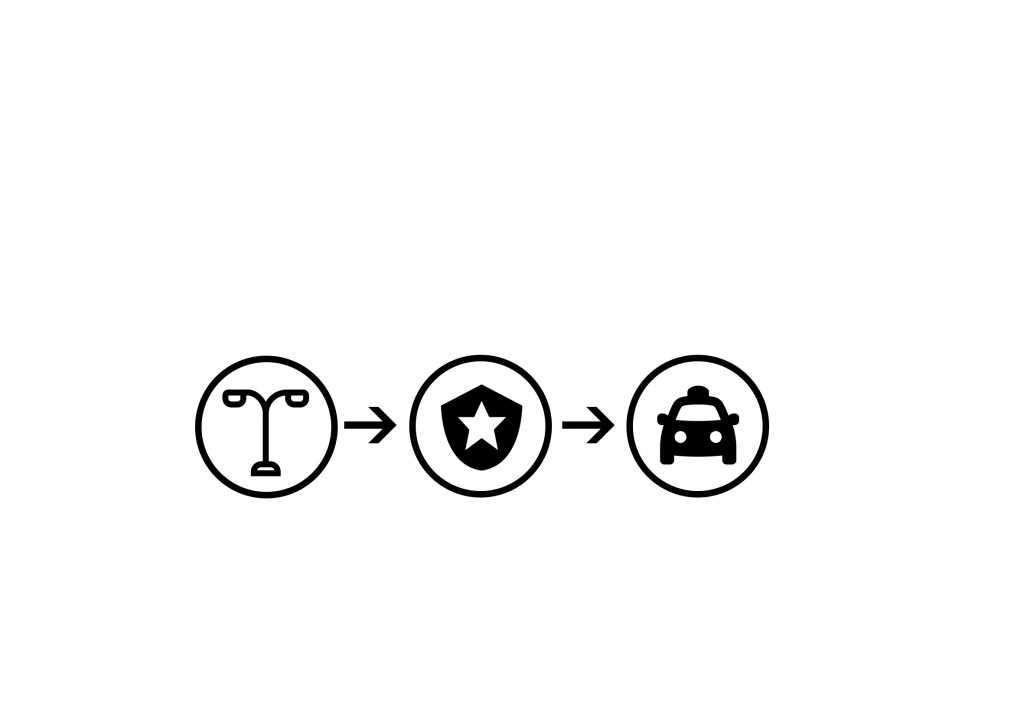 5 minutes later rescue taxi came to help Peter. They drive him to police office, to embassy of his country and then back to hotel. As he didn’t have any money the payment that he made in the airport helped him.
5 minutes later rescue taxi came to help Peter. They drive him to police office, to embassy of his country and then back to hotel. As he didn’t have any money the payment that he made in the airport helped him. 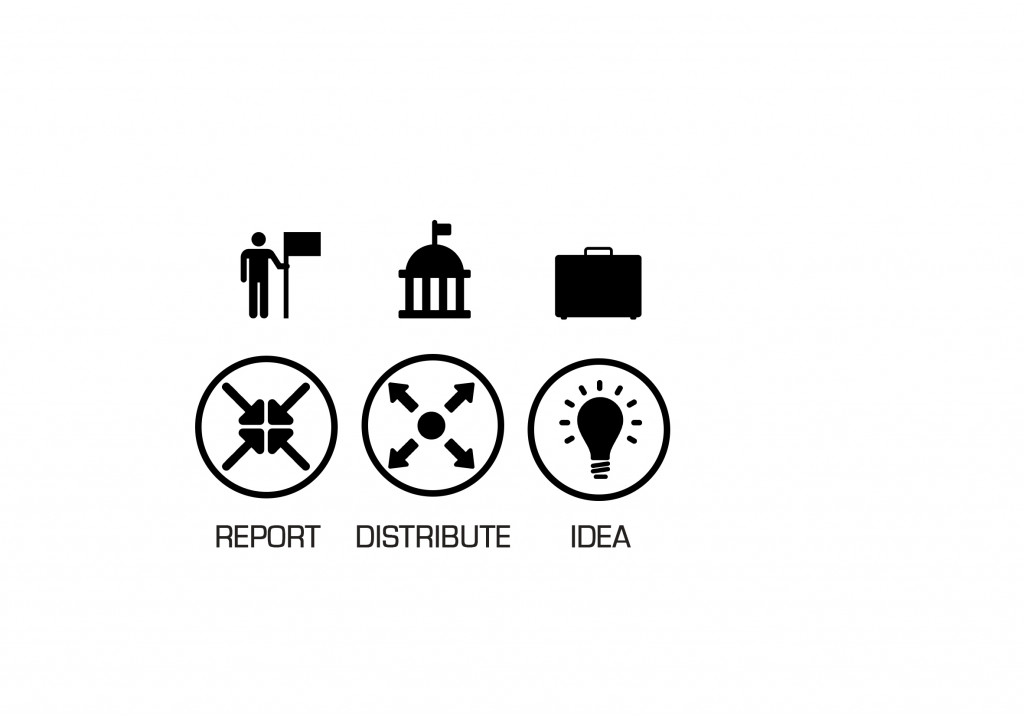 So, data sharing between citizens, private companies and government benefits all of them. Better urban conditions for city, new opportunities and feel of responsibility for citizens, knowledge for children, assistance for government and new business models for private sector.
So, data sharing between citizens, private companies and government benefits all of them. Better urban conditions for city, new opportunities and feel of responsibility for citizens, knowledge for children, assistance for government and new business models for private sector.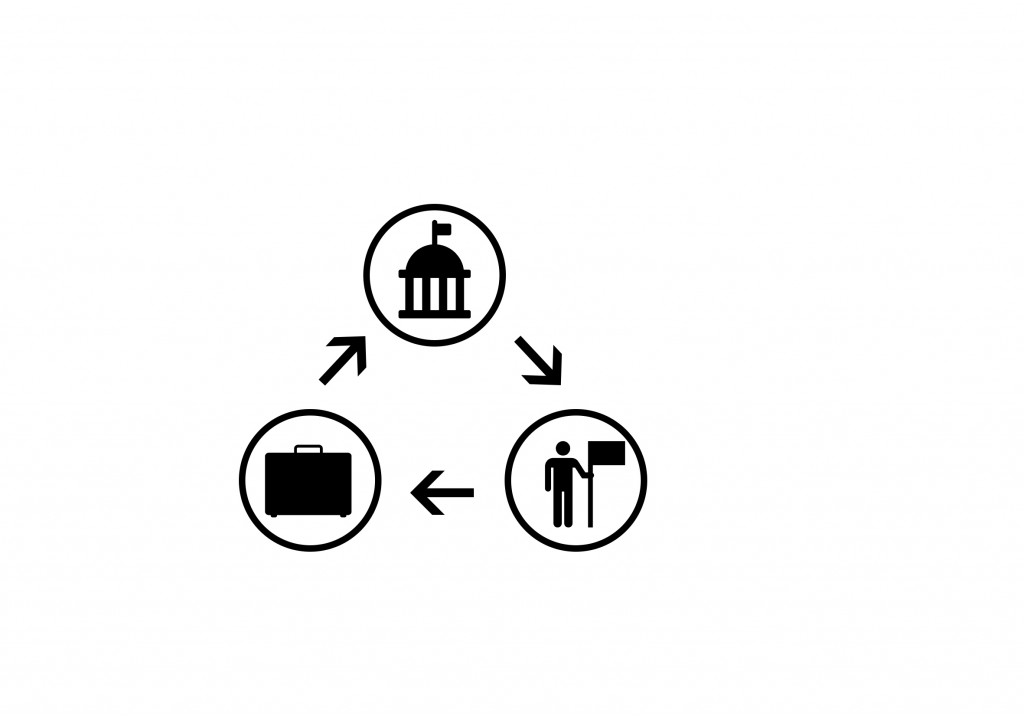
“Information is power” is a project of IAAC, Institute for Advanced Architecture of Catalonia
developed at Master in City and Technology,
in 2019/2020 by:
Student: Linara Salikhova
Faculty: Kathrin DiPaola, Julius Streifeneder.